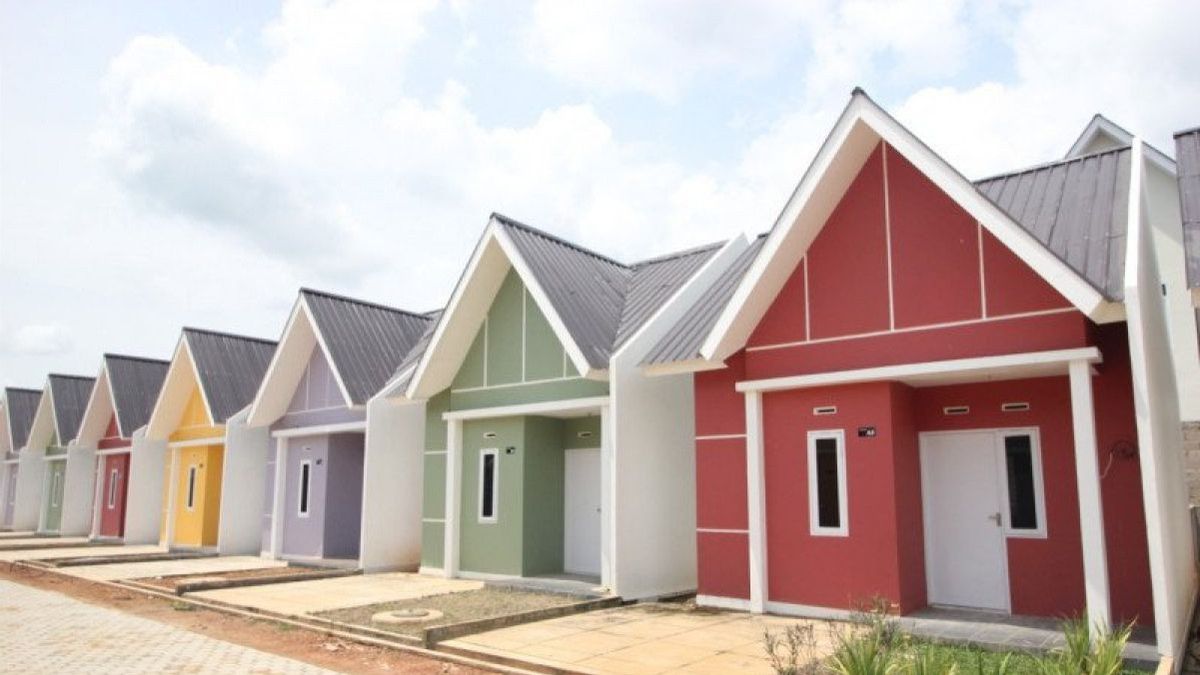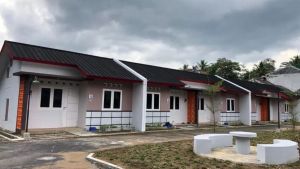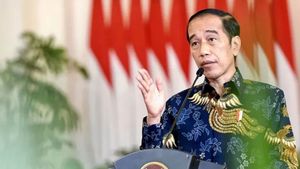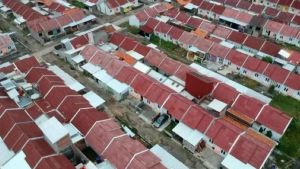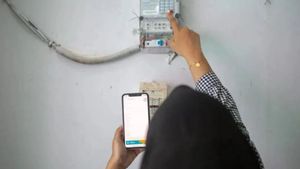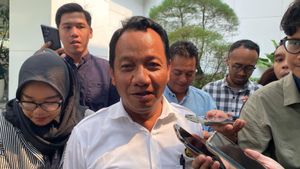JAKARTA - President Joko Widodo signed Government Regulation (PP) Number 21 of 2024 concerning Amendments to Government Regulation Number 25 of 2020 concerning the Implementation of Public Housing Savings (Tapera) on May 20, 2024. This regulation requires a salary cut for workers of 3 percent.
Economic Policy Analyst of the Indonesian Employers' Association (Apindo) Ajib Hamdani said that since the emergence of Law no. 4 of 2016 concerning Public Housing Savings, Apindo has firmly rejected the enactment of the law. Apindo has conducted a number of discussions, coordination, and sent letters to the President regarding Tapera.
"In line with Apindo, the Labor Union/Workers also reject the implementation of the Tapera program. The Tapera program is considered burdensome for the burden of contributions, both in terms of business actors and workers/laborers," he explained in his statement, Tuesday, May 28.
Ajib said that Apindo basically supports the welfare of workers with the availability of housing for workers.
However, PP No.21/2024 is considered a duplication with the previous program, namely the Benefits of Additional Services (MLT) for workers housing for participants of the BP Jamsostek Old Age Security (JHT) program.
Meanwhile, the additional burden for workers is 2.5 percent and employers is 0.5 percent of salaries that are not needed because they can utilize funding sources from BPJS Employment funds.
According to Ajib, the government is expected to further optimize BPJS Employment funds, where according to PP a maximum of 30 percent (138 trillion), JHT assets of 460 trillion can be used for the MLT Worker housing program. The available MLT funds are very large and very little utilization.
In addition, Ajib said that Apindo assessed that the latest Tapera rules were considered to have increased new burdens, both employers and workers. Currently, the burden of levies that have been borne by employers is 18.24 percent - 19.74 percent of the worker's income
As for the details, namely the Employment Social Security (Based on Law no. 3/1999 Jamsostek) namely Old Age Security 3.7 percent, Death Security 0.3 percent, Work Accident Insurance 0.24-1.74 percent, and Pension Security 2 percent.
In addition, there is also Health Social Security (Based on Law No.40/2004 SJSN), namely 4 percent Health Insurance. Severance Reserves (based on Law no. 13/2003 Employment) in accordance with PSAK (Financial Accounting Standard Statement) No. 24/2004 based on actuary calculations of around 8 percent.
"This burden is getting heavier with the depreciation of Rupiah and the weakening of market demand," he explained.
Apindo continues to encourage the addition of the benefits of the BPJS Employment MLT program so that private workers do not need to participate in the Tapera and Tapera programs should be intended for ASN, TNI, Polri.
Apindo has discussed and coordinated with a number of related parties, including BPJS Ketenagakerjaan and the Association of State-Owned Banks (Himbara) to accelerate the expansion of the MLT program for the housing needs of workers. In the discussion, special private workers can be excluded from Tapera and get housing facilities from BP Jamsostek.
SEE ALSO:
In addition, APINDO has conducted socialization to Developers through the DPP Real Estate Indonesia (REI) and also initiated a Kick Off for signing cooperation between BPJS Ketenagakerjaan and 2 Himbara Banks (BTN and BNI) as well as 4 Banks (Asbanda Regional Development Bank Association), namely Bank Jabar, Central Java, Bali, and Aceh in order to expand the benefits of the MLT Worker Housing program.
Ajib said that to get housing facilities, you can take advantage of the Benefits of Additional Services (MLT) from the source of the JHT (Old Age Guarantee) program funds for 4 benefits, namely mortgage loans of up to a maximum of IDR 500 million, Housing Face Money Loans (PUMO) of up to IDR 150 million and Housing Renovation Loans (PRP) of up to IDR 200 million.
Furthermore, by utilizing the Worker Housing Financing Facility/Construction Credit (FPPP/KK). BPJS Ketenagakerjaan has collaborated with the Banking to make it happen.
Ajib said that if the government would continue to implement it, it is hoped that starting first with the funds collected from ASN, TNI/POLRI for the benefit of those who are fully under government control.
"If the evaluation results are good, the management will only be reviewed to expand its scope to the private sector," he said.
The English, Chinese, Japanese, Arabic, and French versions are automatically generated by the AI. So there may still be inaccuracies in translating, please always see Indonesian as our main language. (system supported by DigitalSiber.id)
